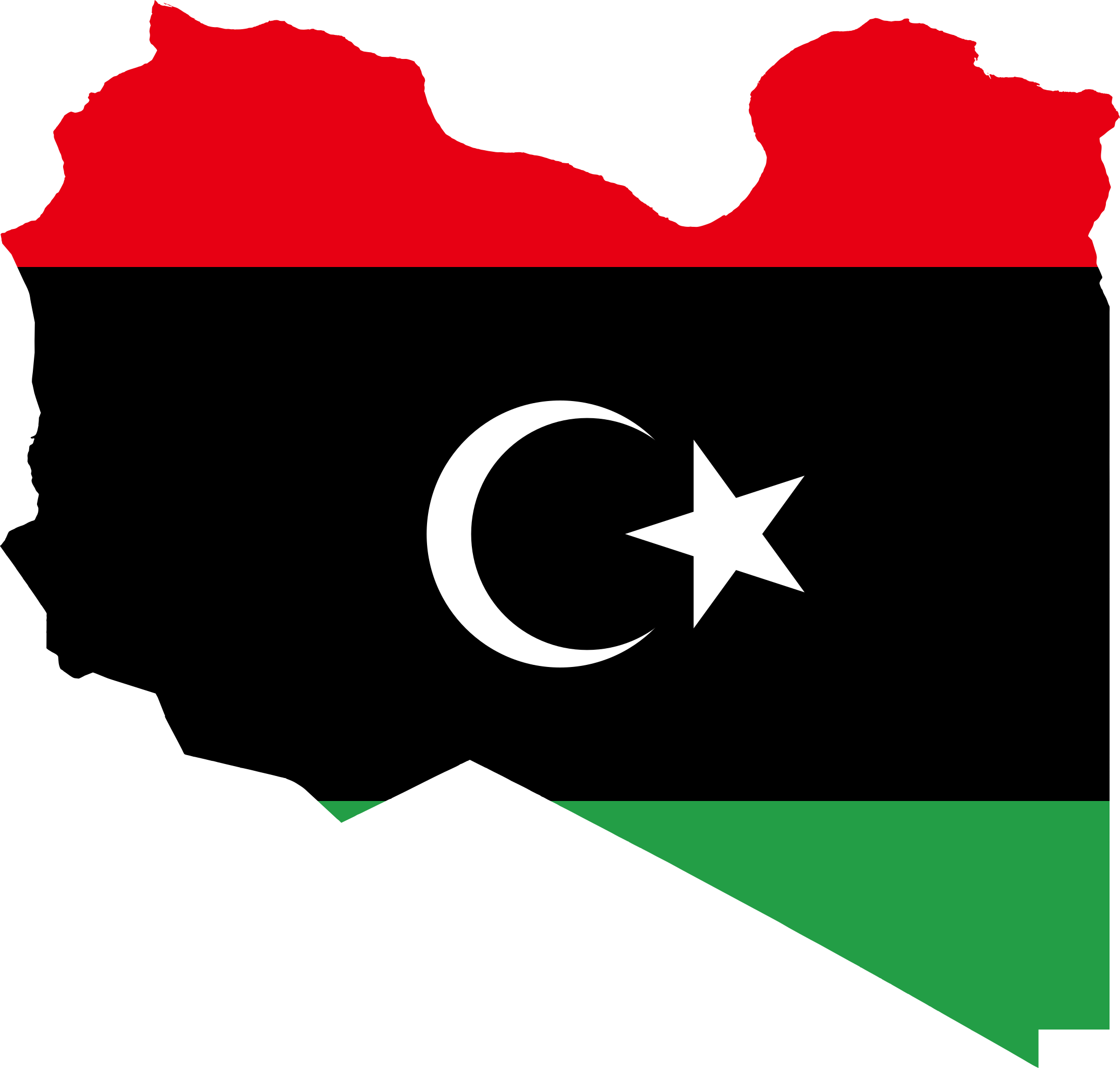Immigrants in Libya
Libya has been a major destination and transit country for immigrants from various regions, primarily from Sub-Saharan Africa, the Middle East, and South Asia. However, it's important to note that the situation in Libya has been highly volatile and complex, with ongoing conflicts and political instability affecting the treatment and experiences of immigrants.
Prior to the political and security crisis that unfolded in 2011, Libya had a significant number of migrant workers, both documented and undocumented, who were attracted to the country for employment opportunities, particularly in the oil and construction sectors. However, after the fall of the Gaddafi regime and the ensuing chaos, the situation changed dramatically.
Since then, Libya has faced challenges in managing immigration, with many migrants undertaking perilous journeys across the Mediterranean Sea in an attempt to reach Europe. These migrants often face exploitation, abuse, and human rights violations at the hands of human traffickers and armed groups operating in Libya.
Additionally, Libya has also served as a transit point for migrants attempting to reach Europe from other parts of Africa and the Middle East. Many migrants use Libya as a staging ground before embarking on dangerous sea crossings, with the intention of reaching countries such as Italy and Malta. However, due to increased border controls and efforts by European countries to deter irregular migration, many migrants find themselves stuck in Libya, living in dire conditions in detention centers or makeshift camps.
International organizations, including the United Nations and various humanitarian groups, have raised concerns about the treatment of immigrants in Libya. Reports of abuse, including arbitrary detention, torture, sexual violence, and forced labor, have emerged from detention centers and smuggling hubs. The lack of a functioning central government and the presence of armed groups have contributed to a climate of lawlessness and impunity.
Efforts have been made by the international community to address the situation, including support for the Libyan Coast Guard to enhance search and rescue operations at sea. However, finding a long-term solution to the challenges faced by immigrants in Libya remains a complex task that requires a comprehensive approach, including improving the security situation, addressing human rights abuses, and addressing the root causes of migration.
It's important to note that the information provided here represents the situation up until my last knowledge update in September 2021. Given the rapidly changing nature of events, I recommend consulting up-to-date sources and news outlets for the most recent information on the situation of immigrants in Libya.



